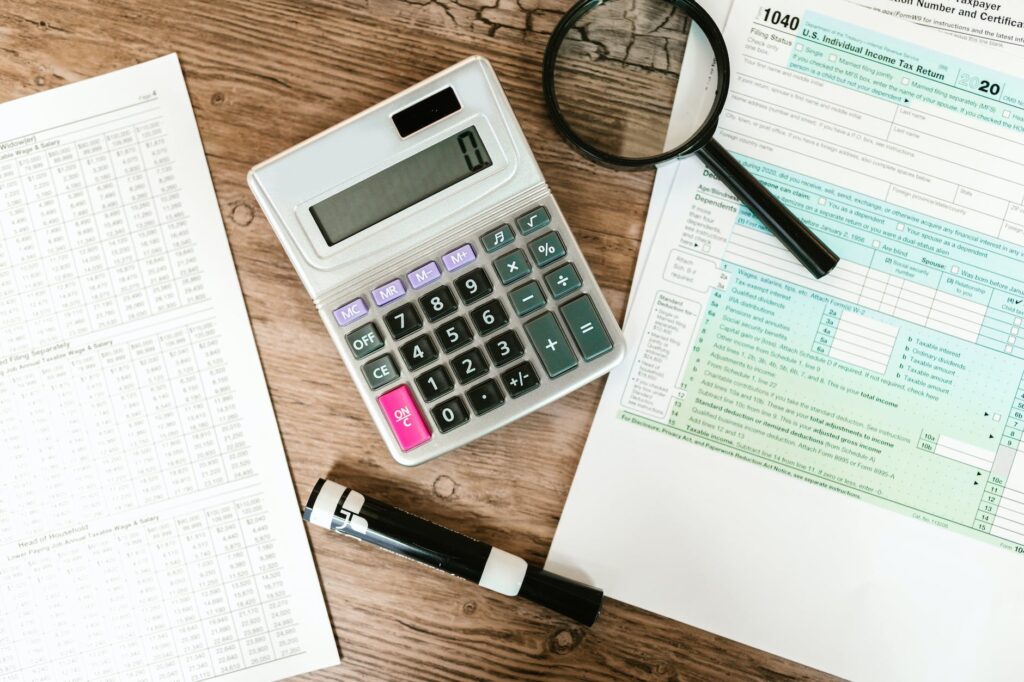Debt is a reality for many people, especially in the UK. With the ongoing economic storm, it’s unsurprising that more and more people are struggling to pay off their debts. Millions are way in over their heads, from car loans and mortgages to credit card debt, falling out on their debt payments. While there are steps one can take to get back on track financially, this is not a solution to the debt pandemic. To tackle debt, you need to know debt. That means understanding the ins and outs of debt, from the types, management, paying it off, and your rights as a debtor. This blog post will look at debt as a financial burden and investment and provide tips on successfully managing debt if you are in the UK.
Types of Debt
For the longest time, debt has gotten a bad rep, and the current soaring debt levels are not doing it any favors. From personal loans, credit card balances, and mortgages to car loans, debt is often regarded as a problem. And while it can be challenging to keep up with the mounting interest when debt is not always bad. In the UK, debt can generally be categorized into secured and unsecured.
- Secured debts: Money often borrowed against a physical asset; it can be in the form of a car or housing. Compared to other debts, the interest rate garnered is often lower; however, the risk of delayed payment could result in the repossession of the asset. Examples of these are mortgage and car loans.
- Unsecured debts: These do not involve physical assets but tend to amass a higher interest rate. A delay in repayment can trigger a fee to the total debt and affect your credit score. Personal loans, credit card debts, and BNPL schemes are good examples of these debts.
How to Pay Off Debt in The UK
Before taking out any debt, it is crucial to ask yourself some questions, ‘What is the interest rate?’ ‘How long will it take to pay off the debt?’ and ‘How Long Can A Debt Be Chased?’ All these will help you come up with the right strategy and mindset, to pay off debt. If you are based in the UK and looking for ways to take control of your finances, here are five simple tips to help you pay off debt.
Create a Budget
Track your expenses and plan for your spending. Identify areas where you can cut down. Consider setting a portion of your income specifically towards paying off debt. It will help you stay organized, intentional, and on track.
Prioritize Your Debts
List all your debts and prioritize them in terms of interest rates and amounts owed. Consider attacking the highest interest rate debt first since it costs you more over time. Work towards making larger payments towards that debt while still fulfilling the minimum payments on the other debts. Once the highest interest rate debt is paid off, focus on the next highest on the list and repeat.
Use Cash Instead of Credit
Try using cash instead of credit cards to pay for your everyday expenses. This will help you stay accountable and disciplined in your spending. If you need to use a credit card, pay it off in full at the end of every month to avoid accruing interest.
Supplement Your Income
Consider taking on a side hustle or temporary job to supplement your income. This additional money can be used to pay off debt. Explore different opportunities such as freelancing, tutoring, or Uber driving – plenty of options exist to increase your income and reduce your debt.
Seek Support
Debt can be heavy to carry alone. Consider getting advice from a financial advisor, attending free financial education workshops or talking to someone who has successfully paid off their debt. Online platforms and support groups can help you stay motivated and accountable.
Dealing with Debt Collectors
If you’re in debt, you may deal with debt collectors. Knowing your rights regarding debt collectors is essential, as strict rules and regulations bind them. Debt collectors should not harass, threaten, or visit you without your permission. If a collector is harassing you, you can report them to the Financial Conduct Authority.
Wrapping Up
Debt can be stressful, but the good news is that options are available to help you manage it. Whether you choose to work with a debt management company, negotiate with your creditors, or manage your finances more effectively, there are steps you can take to get back on track. The most important thing is to reach out for help when needed and to address your debt before it becomes a bigger problem. With the advice and resources outlined in this blog post, you can start to take control of your finances and move towards a debt-free future.

